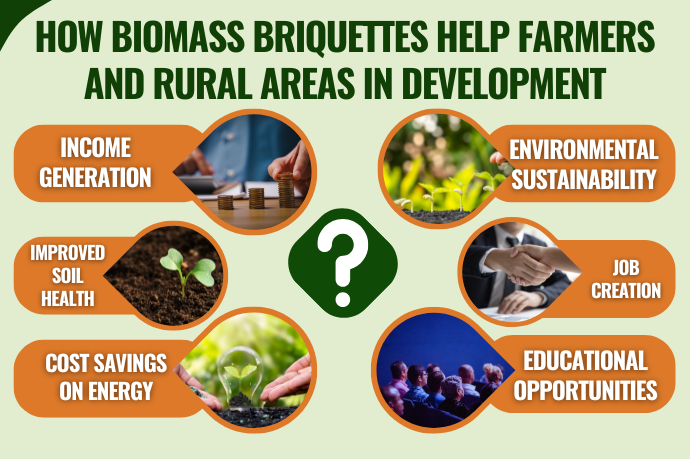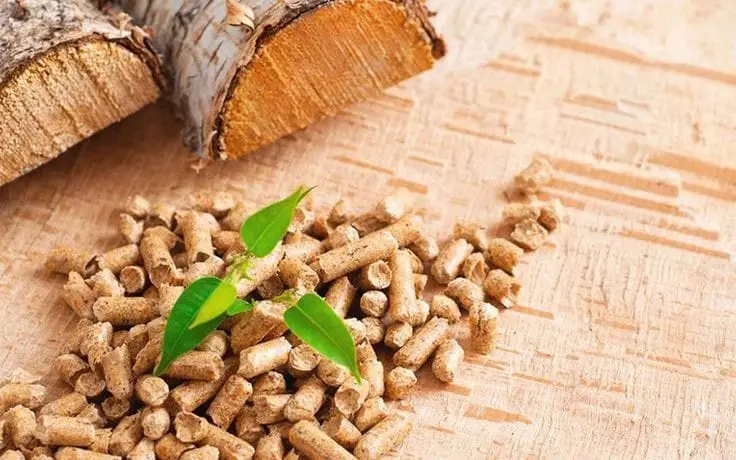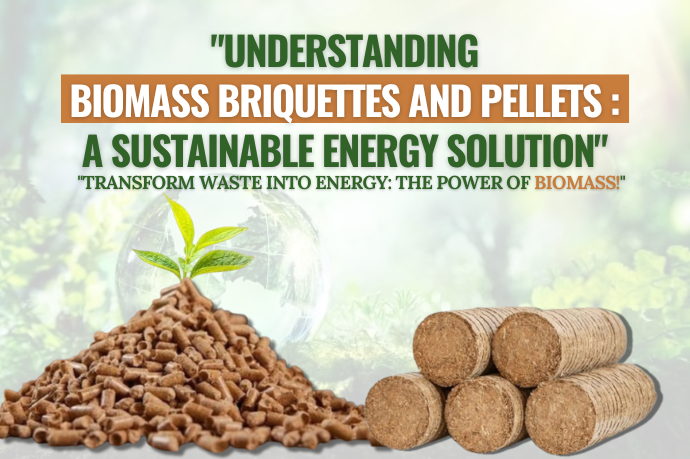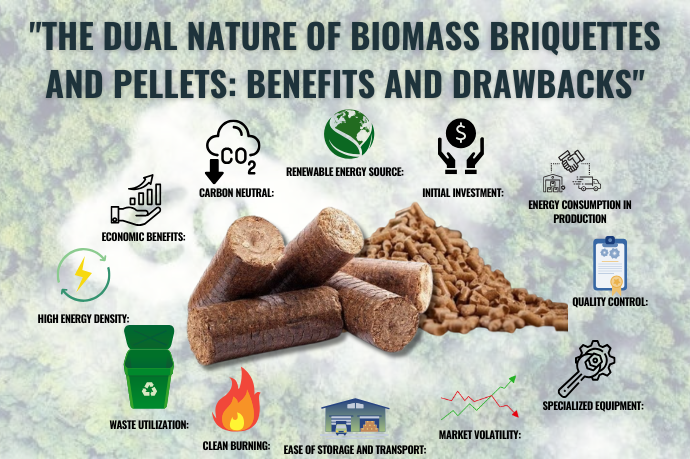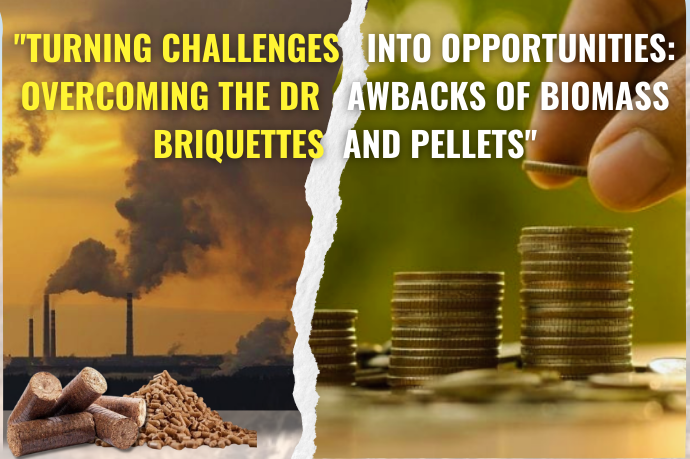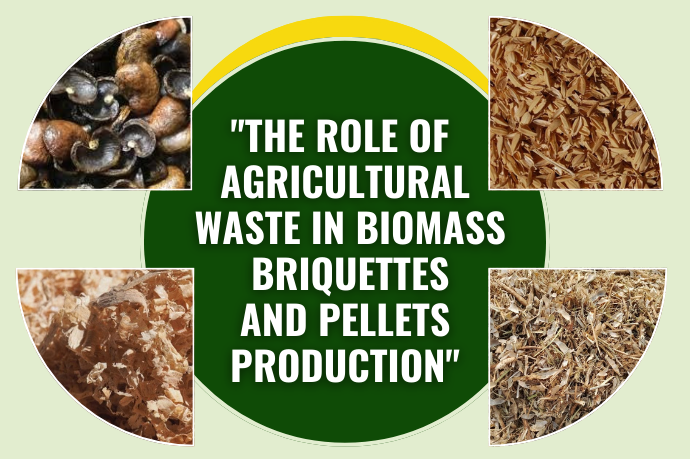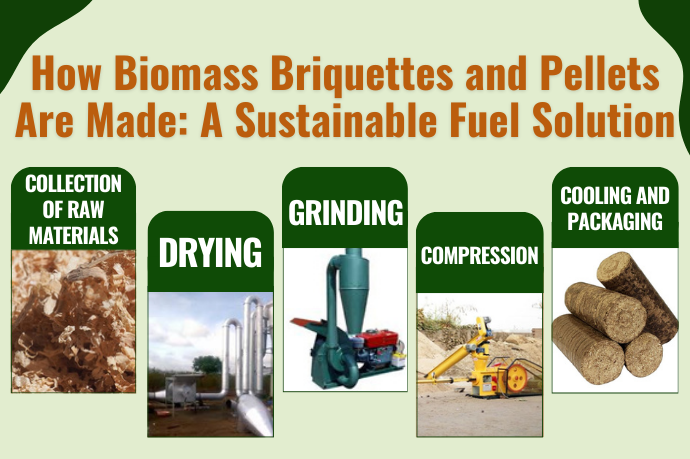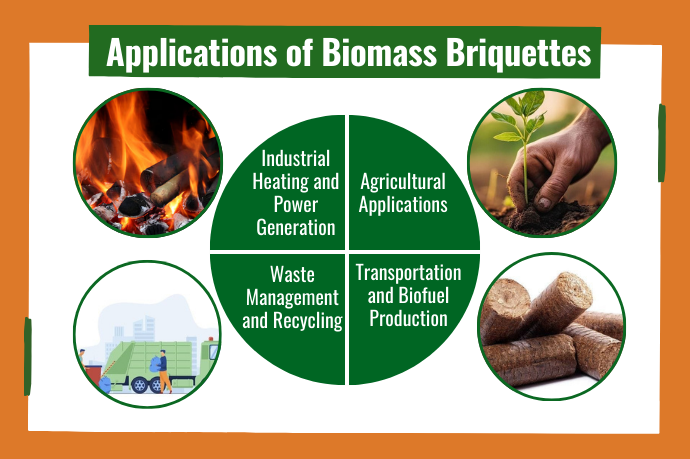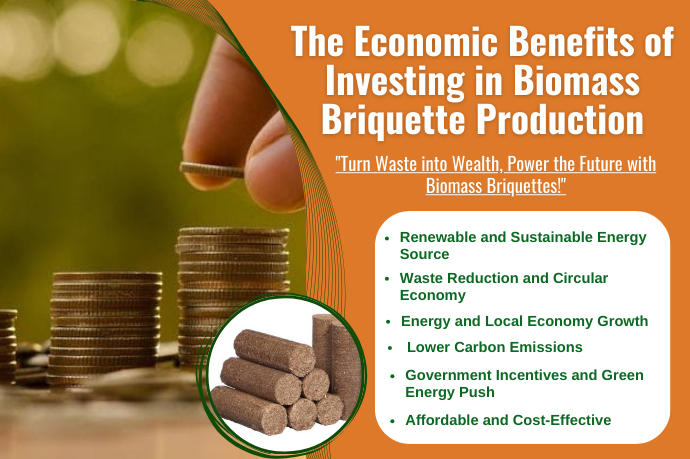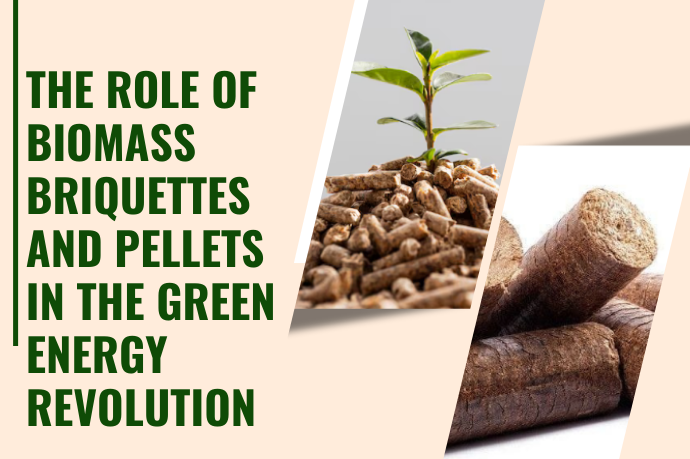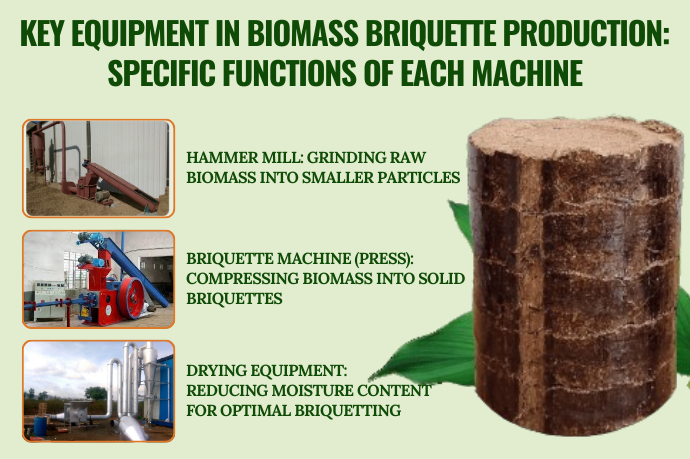Empowering Communities: Biomass Briquettes for a Sustainable Tomorrow!
Biomass briquettes are solid fuel made from compressed organic materials like agricultural residues, wood chips, and other biomass. They are produced from waste materials, making them both an economical and environmentally friendly energy source. The production and use of biomass briquettes can significantly impact the livelihoods of farmers and the overall development of rural areas.
Benefits for Farmers
1. Income Generation: Farmers can turn agricultural waste—such as straw, husks, and sawdust—into biomass briquettes. This not only helps in managing waste but also provides an additional income stream.
2. Cost Savings on Energy: Many rural communities rely on traditional fuels like firewood or charcoal, which can be expensive and hard to come by. Biomass briquettes are often more affordable and readily available, helping farmers reduce their energy costs.
3. Waste Utilization: Biomass briquettes provide a solution for the vast amounts of agricultural waste generated each season. Instead of burning or discarding this waste, farmers can process it into briquettes, adding value to materials that would otherwise contribute to pollution and waste.
4. Improved Soil Health: The ash produced from burning biomass briquettes is nutrient-rich and can be used as a natural fertilizer. This can enhance soil health, leading to better crop yields and sustainable farming practices.
Community Development and Empowerment
1. Job Creation: The production of biomass briquettes can create job opportunities within rural communities. From collection and processing of raw materials to distribution, various roles can emerge, empowering local populations and fostering economic growth.
2. Energy Independence: By producing their own fuel, rural communities can reduce reliance on imported fossil fuels and traditional energy sources. This independence not only enhances energy security but also stabilizes local economies.
3. Educational Opportunities: The promotion of biomass briquette production often comes with training programs and workshops, providing farmers with new skills and knowledge.
4. Environmental Sustainability: By transitioning to biomass briquettes, rural areas can reduce deforestation rates associated with firewood collection. This shift contributes to better forest management and preservation of local ecosystems, promoting long-term environmental health.
Case Studies: Success in Action
Across the globe, various initiatives are showcasing the positive impact of biomass briquettes on rural development. In India, numerous projects have been launched to encourage farmers to convert crop residues into briquettes, leading to increased income and reduced pollution.
Conclusion
Biomass briquettes are not just an alternative fuel; they represent a pathway for rural development. By promoting income generation, reducing energy costs, and fostering community empowerment, these eco-friendly briquettes can lead to a sustainable and prosperous future.

